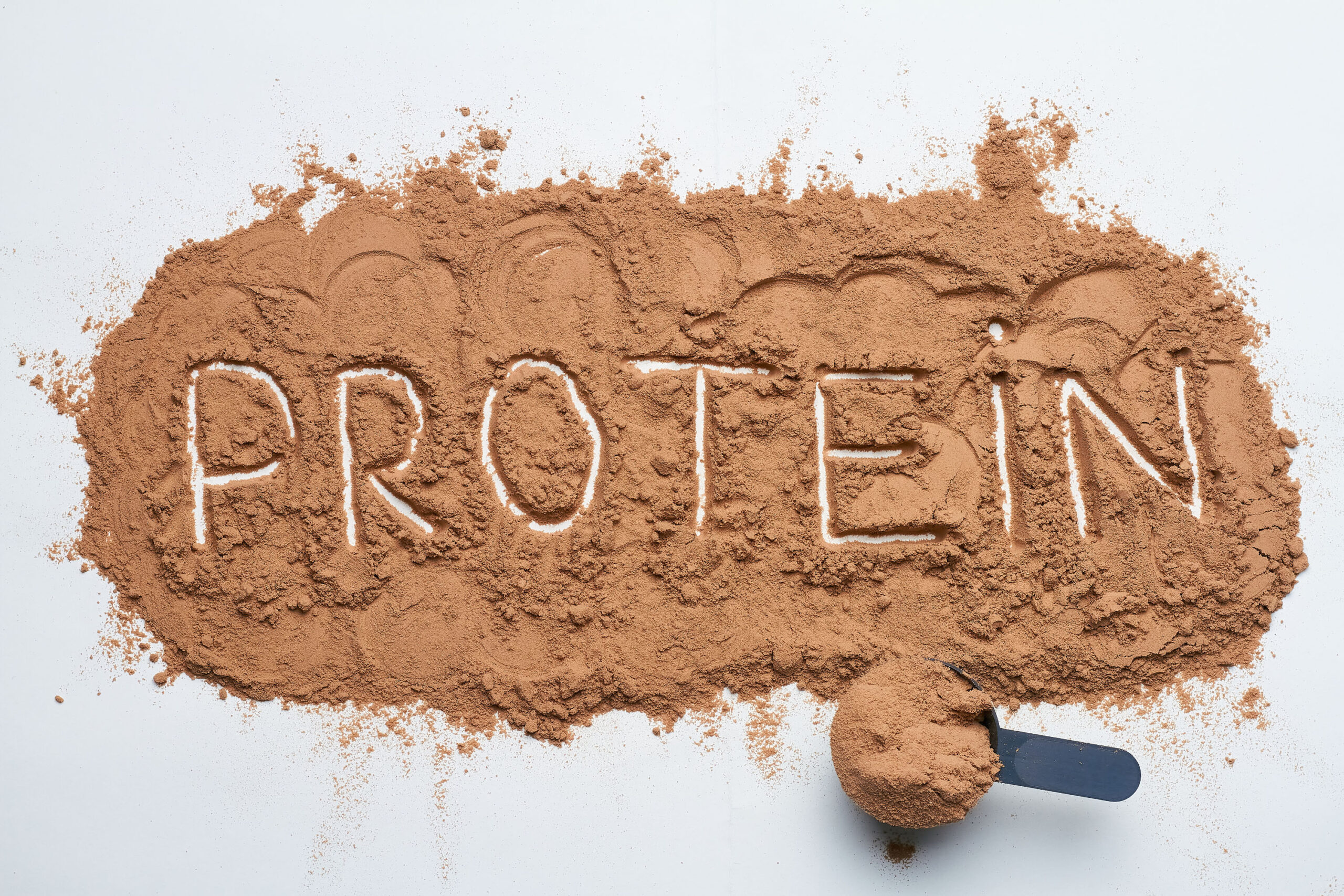If you’re looking to maximize your workouts and enhance your athletic performance, paying attention to your protein intake is crucial. Protein is an essential nutrient that helps repair and build muscles, support recovery, and provide energy. In this blog post, we’ll explore effective strategies to boost your protein intake and take your workouts to the next level.
Set a Protein Goal
To begin, it’s important to establish a target protein intake goal based on your body weight, activity level, and fitness goals. Aim for around 0.8 to 1 gram of protein per pound of body weight. This means that if you weigh 150 pounds, you should consume between 120 and 150 grams of protein each day. Setting a goal will help you track your progress and ensure you’re consuming enough protein to support muscle growth and recovery.
Prioritize Lean Protein Sources
Opt for lean protein sources to maximize the nutritional value of your meals. Include foods such as chicken breast, turkey, fish, lean beef, eggs, Greek yogurt, cottage cheese, and plant-based protein options like lentils, beans, tofu, and tempeh. These sources are rich in essential amino acids, vitamins, and minerals, supporting your muscle-building efforts while keeping calorie and fat intake in check.
Time Your Protein Intake
To optimize muscle recovery and growth, distribute your protein intake evenly throughout the day. Aim to consume a serving of protein with each meal and consider adding a post-workout protein shake or snack within 30 minutes of finishing your workout. This post-workout window is when your muscles are most receptive to nutrients, allowing for better muscle repair and growth.
Supplement with Protein Powders
If you struggle to meet your protein requirements through whole foods alone, consider incorporating protein powders into your routine. There are various options available, such as whey, casein, pea, or rice protein powders. These can be easily added to smoothies, oatmeal, or other recipes. Remember to choose a high-quality product without added sugars or unnecessary additives.
Plan and Prep Your Meals
Meal planning and preparation are key to staying on track with your protein intake. Take some time each week to plan your meals and ensure they include a sufficient amount of protein. Prep your meals in advance, including snacks and post-workout options, so you have protein-rich options readily available. This will help you avoid making poor food choices due to lack of time or convenience.
Increasing your protein intake and strategically incorporating it into your daily routine is a powerful way to enhance your workouts and promote muscle growth and recovery. By setting a protein goal, choosing lean sources, timing your intake, considering supplements, and planning your meals, you’ll be well on your way to boosting your protein intake and taking your workouts to new heights.
Fitness instructors know the power of protein more than anyone else. If you are a fitness instructor with your own fitness studio, learn how My Best Studio’s fitness studio management software can help you scale your business.
